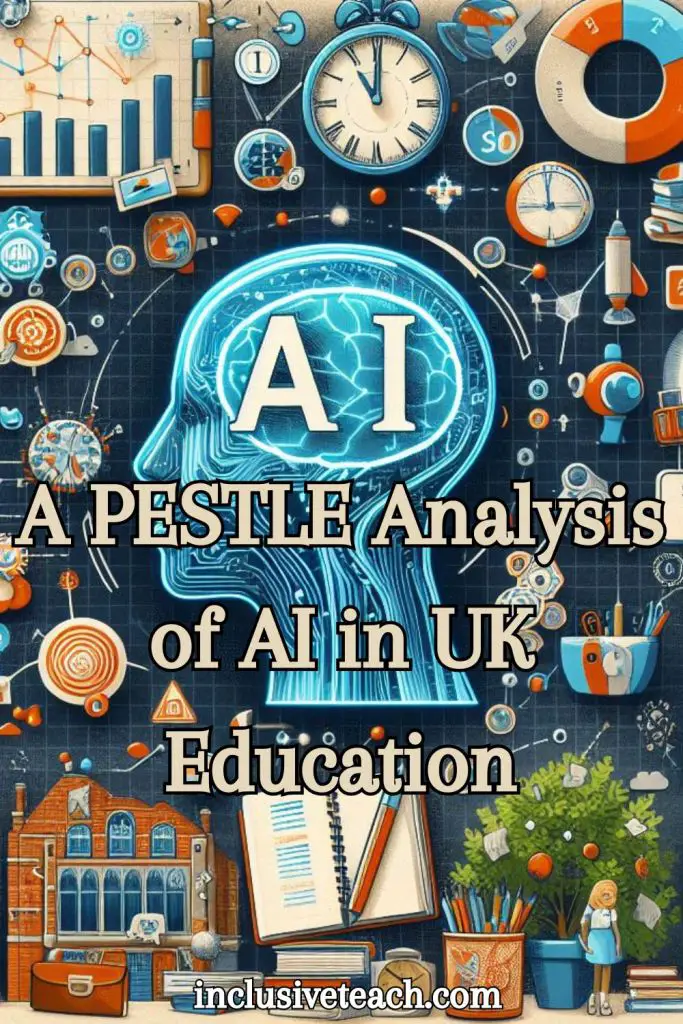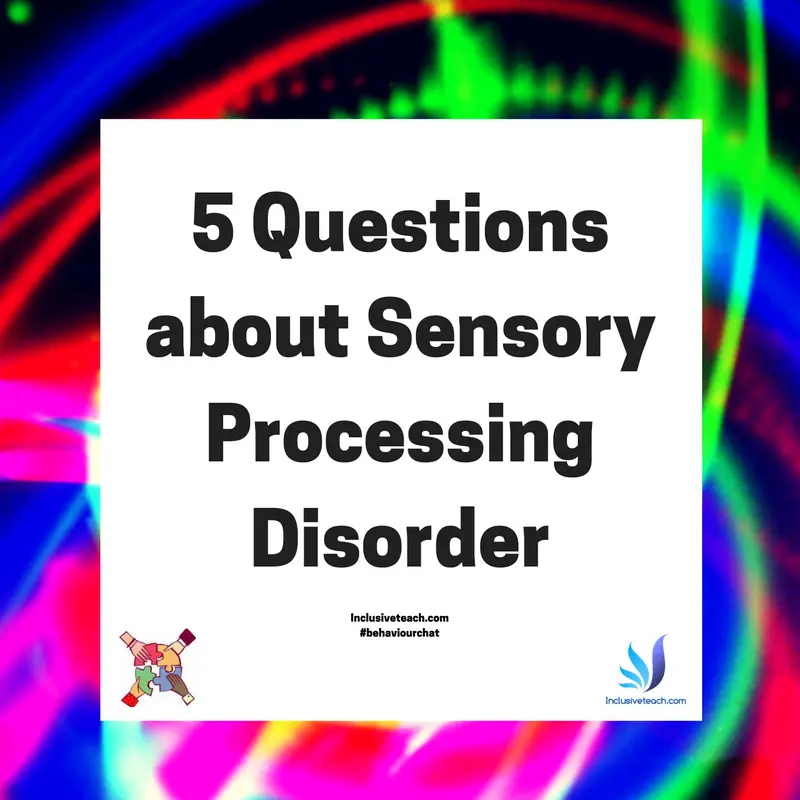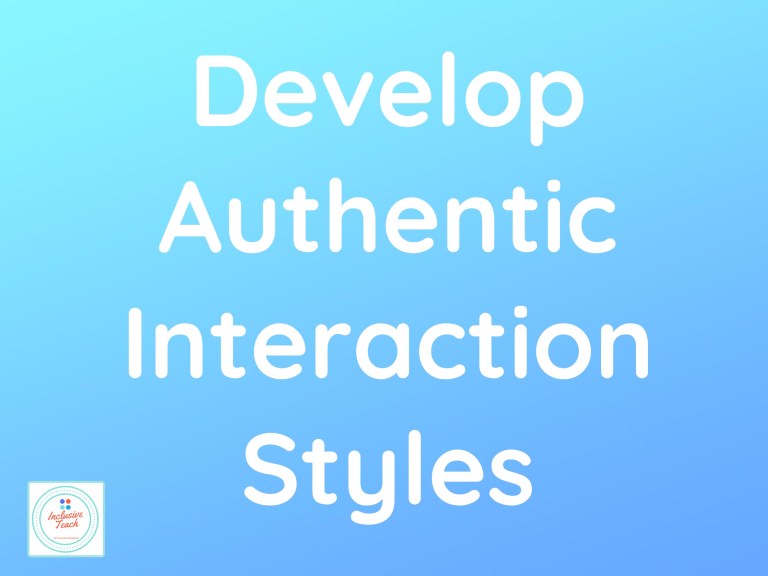A PESTLE Analysis of AI in UK Education
As part of my MSc I had to produce a business report on the UK education system. I couldn’t do this without talking about AI in schools. To discuss the current impact of AI on the UK education system, we can use the PESTLE framework, which stands for Political, Economic, Sociocultural, Technological, Legal, and Environmental factors. Here is a brief overview of each factor of the PESTLE (or PESTEL as it’s sometimes called).
AI, or artificial intelligence, is the use of computer systems to perform tasks that normally require human intelligence, such as learning, reasoning, and decision-making. AI has been increasingly applied to various aspects of the UK education system, such as curriculum design, teaching, assessment, and administration. AI has the potential to bring benefits as well as challenges to the education sector, depending on how it is used and regulated.
A PESTLE Analysis of the Potential Impact of AI on the UK Education System
- Political: The UK government has shown interest and support for the development and adoption of AI in education, as well as in other sectors. For example, the government announced a further £2 million to be invested in Oak National Academy, a publicly funded classroom resource hub, to develop AI tools to help reduce teachers’ workloads. The government also established an expert taskforce to help the UK build and adopt safe and ethical AI systems. However, some political issues may arise from the use of AI in education, such as the accountability, transparency, and governance of AI systems, as well as the potential impact on the quality and equity of education.
- Economic: AI could have significant economic implications for the UK education system, both positive and negative. On the one hand, AI could help improve the efficiency, effectiveness, and innovation of education, as well as create new opportunities for learning and employment. For example, AI could help teachers save time and resources by automating tasks such as lesson planning, assessment, and feedback. AI could also help learners access personalised and adaptive learning experiences, as well as develop skills that are relevant for the future workforce. On the other hand, AI could also pose economic risks and challenges, such as the cost and sustainability of AI systems, the displacement and reskilling of teachers and other education workers, and the potential widening of the digital divide and social inequalities.
- Sociocultural: AI could have various sociocultural impacts on the UK education system, depending on the values, beliefs, and norms of the stakeholders involved. For example, AI could help promote diversity and inclusion in education, by providing access to learning opportunities for learners from different backgrounds, abilities, and preferences. AI could also help create an environment of collaboration and communication among learners, teachers, and other education actors, by facilitating online platforms, networks, and communities. However, AI could also raise sociocultural concerns and challenges, such as the ethical and moral implications of using AI in education, the trust and acceptance of AI systems by learners and teachers, and the potential bias and discrimination that could result from the data and algorithms used by AI systems.
- Technological: AI is a rapidly evolving and expanding field of technology, which offers many opportunities and challenges for the UK education system. For example, AI could enable new forms and modes of education, such as blended, online, and lifelong learning, as well as new types and sources of data and information, such as learning analytics, big data, and open data. AI could also enhance the quality and innovation of education, by providing more personalised, adaptive, and engaging learning experiences, as well as more accurate, timely, and actionable feedback and assessment. However, AI could also pose technological issues and barriers, such as the availability, reliability, and security of AI systems, the interoperability and integration of AI systems with existing education infrastructure and systems, and the digital literacy and competence of learners and teachers to use AI systems effectively and responsibly.
- Legal: AI could have various legal implications for the UK education system, as it involves the collection, processing, and use of data and information, as well as the creation and deployment of algorithms and systems. AI could help ensure the compliance and accountability of education actors, by providing mechanisms for monitoring, auditing, and reporting on the performance and outcomes of education. AI could also help protect the rights and interests of learners and teachers, by providing mechanisms for consent, transparency, and control over the data and information used by AI systems4. However, AI could also raise legal questions and challenges, such as the ownership, access, and sharing of data and information, the liability and responsibility for the actions and decisions of AI systems, and the regulation and governance of AI systems to ensure their safety, quality, and ethics.
- Environmental: AI could have various environmental impacts on the UK education system, both positive and negative. On the one hand, AI could help reduce the environmental footprint of education, by enabling more efficient and sustainable use of resources, such as energy, materials, and space. AI could also help raise awareness and action on environmental issues, by providing access to data and information, as well as learning opportunities and activities, related to environmental topics, such as climate change, biodiversity, and sustainability. On the other hand, AI could also contribute to the environmental problems, by consuming large amounts of energy and resources, as well as generating waste and emissions, from the development and operation of AI systems.

Summary
Artificial intelligence (AI) is a rapidly developing technology that has the potential to transform the UK education sector in various ways. This article examines the political, economic, social, technological, legal, and environmental (PESTLE AI) factors that affect the adoption and implementation of AI in UK education. The article discusses the opportunities and challenges that AI presents for educators, learners, policymakers, and society at large. The AI PESTLE also provides some recommendations for how to harness the benefits of AI while mitigating the risks and ethical concerns.






